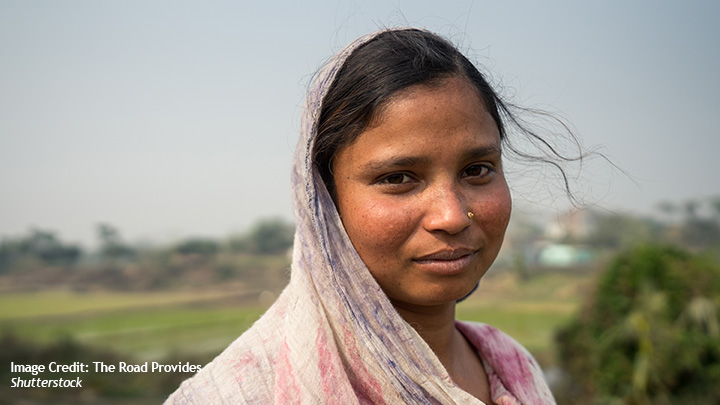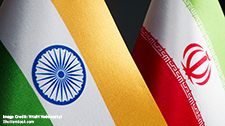Gender Reality in Bangladesh: Issues and Possibilities

Bikram Keshari Mishra
Abstract
Bangladesh has made marked strides in many social development indicators such as: structural, economic, cultural, education, healthcare, and political policies. Experience reveals that the influence of patriarchy has not stood in the way of the country’s progress and has not hindered women’s development or minimization of the gender gap. The country now ranks 50 in the Global Gender Gap Report 2020 released by the World Economic Forum (WEF) covering 153 countries leaving India, China, Sri Lanka, and Pakistan far behind. The present paper is a modest endeavor to make sense of the country’s trajectory of women’s development: its attainments and initiatives, problems, and possibilities.
Related Publications
-
The US and EU, and the Emerging Supply Chain Network: Politics, Prospects, and Allies
The Global Supply Chains have evolved from simply logistical achievements to being the bedrock of the global economy. Driven by technological advances and geopolitical shifts, this transformation underscores the critical […]
-
Navigating the Indo-Pacific: How Australia and the EU Can Partner for Peace, Stability, and Prosperity
To navigate the choppy waters of the Indo-Pacific, the EU and Australia must be on the same wavelength regarding shared interests in rules, values, and an open and liberal economic […]
-
Report of Webinar on China’s Himalayan Hustle – Part I: Can China Achieve Infrastructural Hegemony?
On June 13, 2024, the Stockholm Center for South Asian and Indo-Pacific Affairs (SCSA-IPA) of the Institute for Security and Development Policy, Stockholm, hosted a webinar “China’s Himalayan Hustle Part […]
-
G20 and BRICS: Towards a Joint Pursuit of Effective Multilateralism for the Global South
The Global South is, unarguably, the pivoting point of debates and deliberations in the G20 grouping. As the baton of the G20 presidency passes on from India to Brazil, the […]
-
India’s Position in Iran’s ‘Look to the East’ policy
Ebrahim Raisi’s administration has prioritized its ‘Look to the East’ policy. Although the focus is on Russia and China, India also has a special place in this policy. Iran and […]



